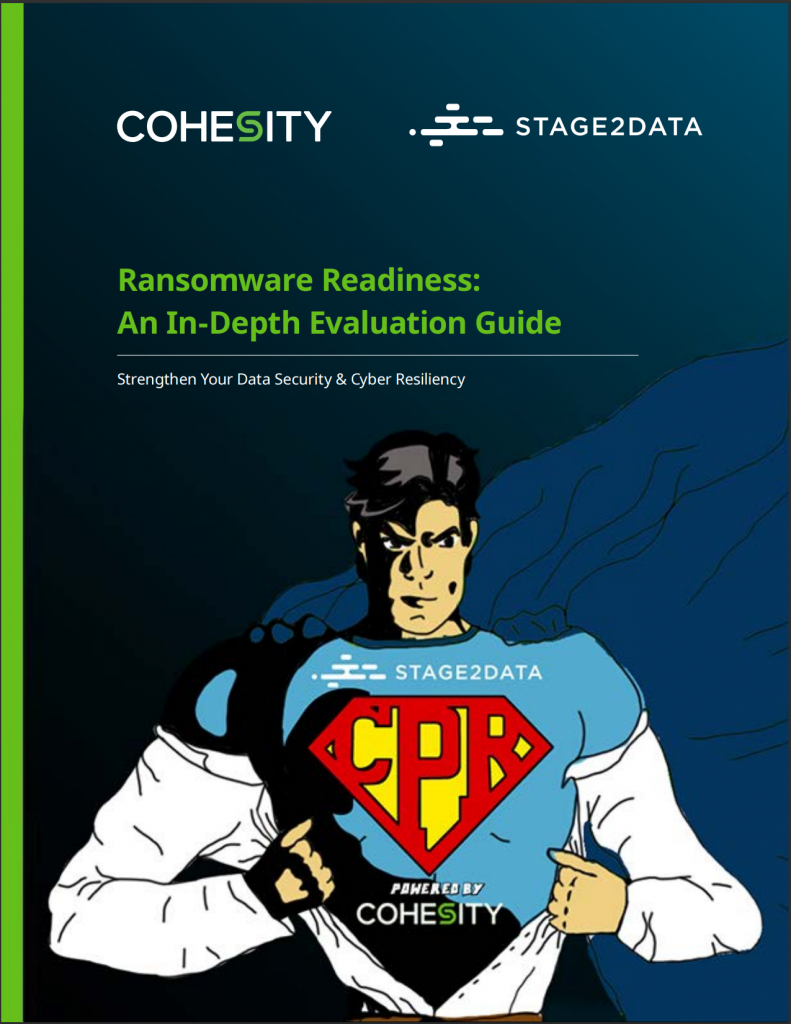Written by Bruce McKnight on .
Both disaster recovery and business continuity are intertwined methods of planning that are deeply integral to ensuring that a business continues to operate in the event of a catastrophic event, whether the disaster is human-induced or natural. In short, they are plans which detail the strategies to be put in place in the event of a disaster.

Disaster recovery refers to the set of policies put in place to protect a business’s technology infrastructure, such as their software or data, while business continuity refers the overall business functions. Both are absolutely imperative to ensuring that damage is minimized in the wake of an unforeseen event. In fact, a recent study showed that without a disaster recover plan in place, businesses are likely to go out of business in a period of just 18 months if a disaster strikes.
Although the reasons for needing this type of preventative security is essential, we’re taking a closer look at the three main elements contributing to the necessity of disaster recovery and business continuity.
- Prevent Downtime, Loss of Revenue, and Potentially Bankruptcy Most businesses cannot afford to have any downtime without it significantly hindering the company’s profits, yet a startling fact shows that 53% of operations are not equipped to handle even an hour of downtime before they experience a significant loss of revenue. In fact, bankruptcy is a very real possibility when businesses don’t resume operations in a timely manner. Having a disaster recover plan in place ensures that the business will run again as quickly as possible, thereby minimizing any downtime and loss of revenue.
- Protection Against Data Loss A disaster recovery plan will specifically address the ways in which to replicate the businesses’ data, which is essential to ensuring that the business can continue to operate. In fact, one study showed that 87% of businesses who lost access to their data for more than a week were more likely to be out of business only a year later.
- Prevent Loss of Reputation Unexpected downtime does not only lead to high financial costs, but it can also lead to the loss of reputation due to the fact that customers expect to have access to the business on a 24/7 basis. A disaster recovery plan can prevent reputation loss from happening entirely, or at least minimize the damage.
Securing your company’s data via cloud disaster recovery solutions is of utmost importance in protecting your business in the event of an unforeseen catastrophic event. Stage2Data is one of Canada’s most trusted cloud solution providers, offering secure data management at a cost effective price. Contact our team for more today.


